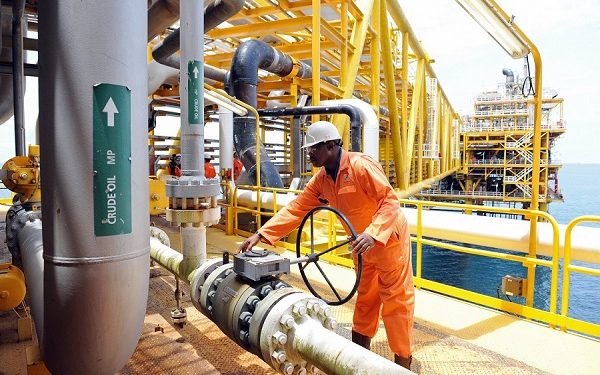Nigeria’s oil and gas sector is currently feeling the impact of about $21 billion in divestments by oil multinationals, as its upstream capital expenditure assumes a downward trend.
The regulatory uncertainty of the sector before the enactment of the Petroleum Industry Act (PIA) 2021 and fossil fuel divestment schemes forced by energy transition and COVID-19 are the main cause of the divestments, according to the Nigerian Upstream Petroleum Regulatory Commission (NUPRC).
Reports indicate that the country’s yearly capital expenditure in the upstream has slumped by over 74 per cent in the past eight years.
The country’s total yearly upstream capital expenditure decreased from $27 billion in 2014 to less than $6 billion in 2022.
The biggest investors including Shell, ExxonMobil, Total, Chevron and Eni have since 2010 started clawing back their investments in the country through divestment strategies.
However, Nigeria is showing increased natural gas and oil reserves in the short term, indicating a bounce back. The NUPRC has reported that Nigeria’s oil and condensate reserves are 31.06 billion barrels of oil and 5.906 billion barrels of condensate. Associated gas reserves are 102.32 trillion cubic feet while non-associated gas reserves are 106.51 trillion cubic feet. -THE GUARDIAN















